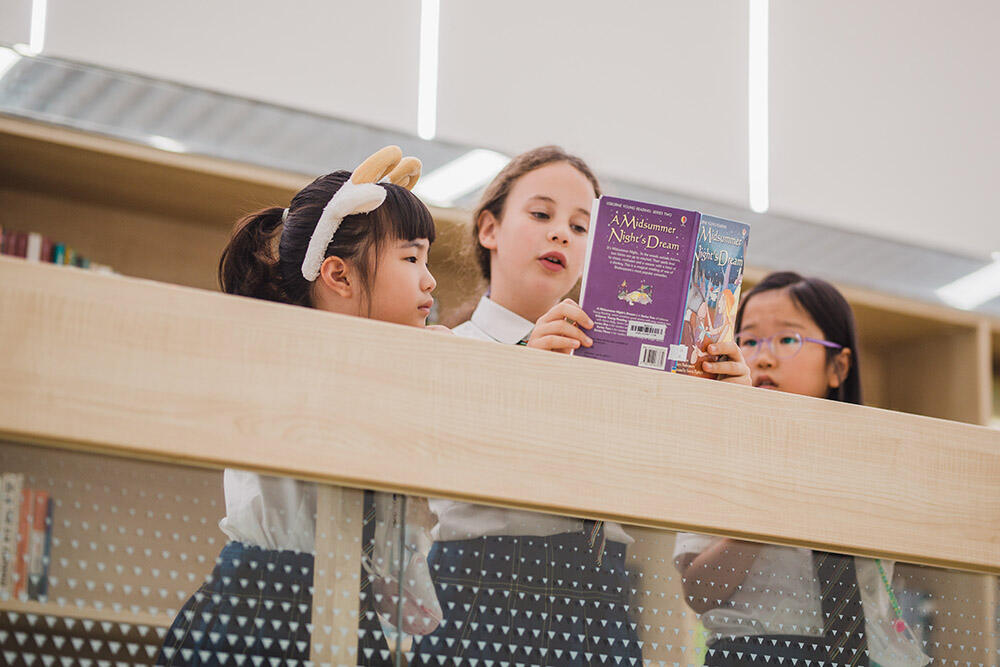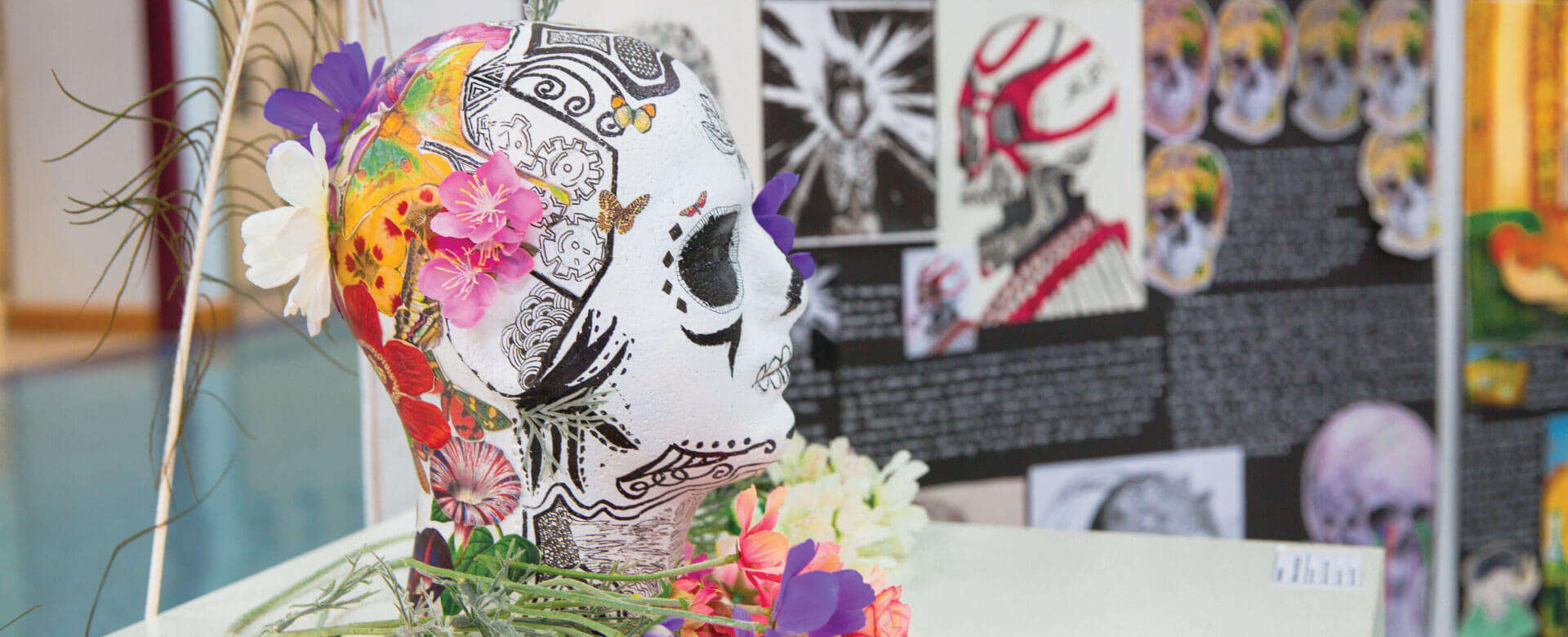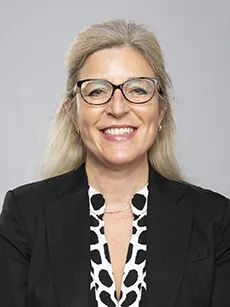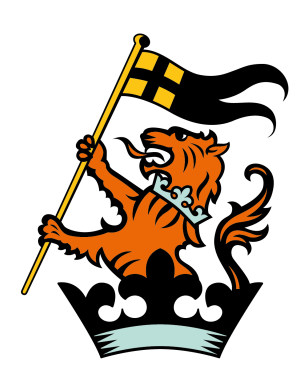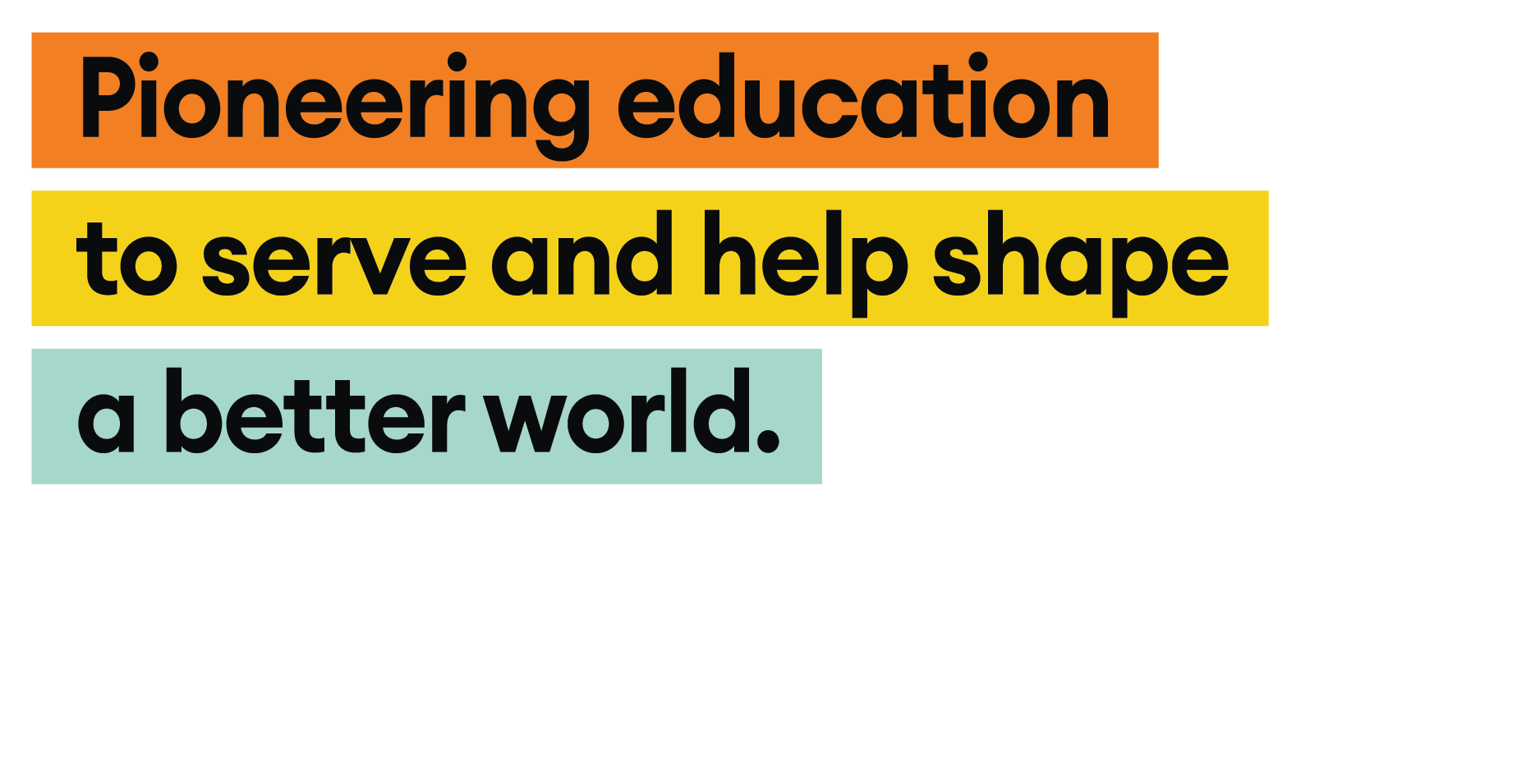Educational Insights丨Developing Learning Skills for Wellbeing
Melissa Meyers
Head of the Junior School
This year we have been collaborating with an ex-Wellingtonian, Hugo Shepard, who started a company called Role Models to help teach children 21st-century skills to specifically help in the development of social and emotional aptitudes and higher-order thinking abilities. The philosophy behind Role Models is to ‘help(ing) young people to thrive in life; both at home and in their future workplace.” (Role Models, 2021).
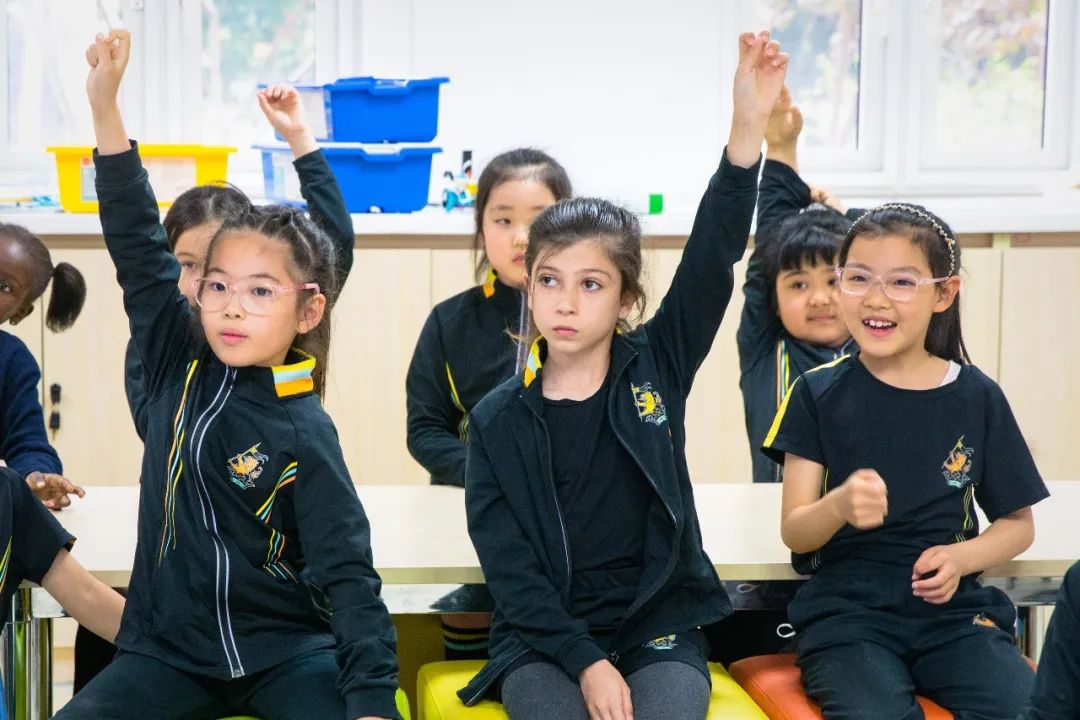
This belief is paramount to us at Wellington College International Tianjin because we aim to develop our pupils holistically, so they can be confident and competent lifelong learners able to face any challenge that life presents and successfully work through to completion. It is our aim that these life skills will help our pupils to become happy, well-rounded people who have a strong belief in themselves and a positive outlook on life and their future.
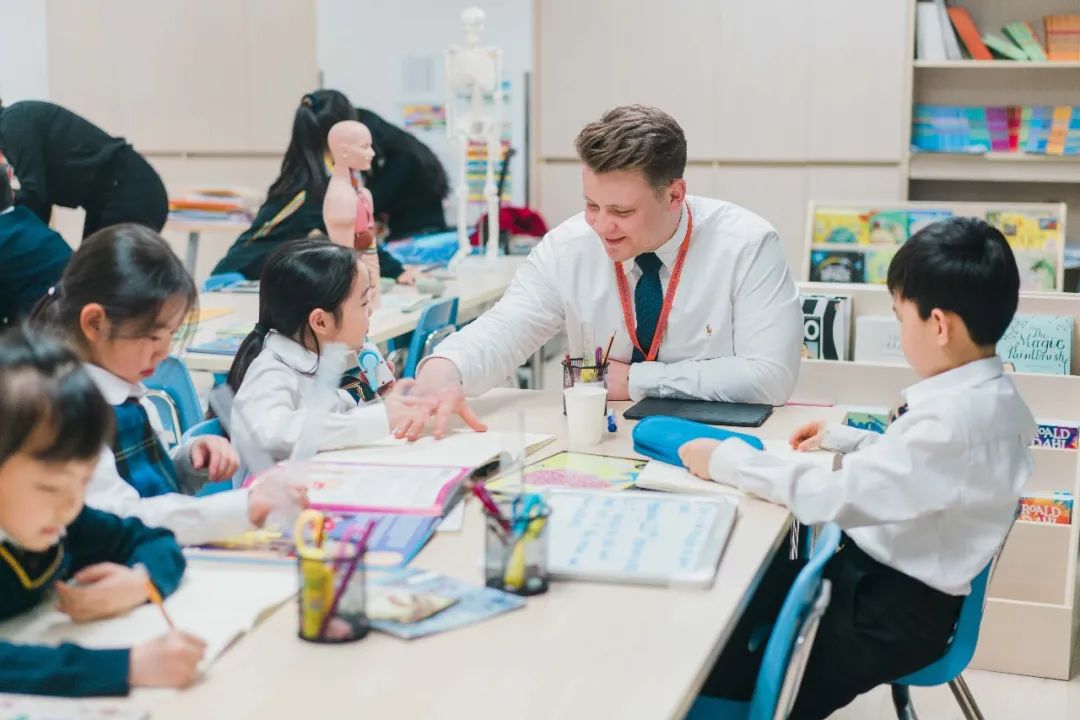
Our year 6 cohort undertook a ten-week leadership course to learn more about themselves by focussing on questions such as: what leadership is, what are my strengths, and what areas can I develop to positively influence others. The year 6 pupils reflected that the programme helped them to “Learn about teamwork, growth mindset and fixed mindset, and interviewing skills”, one pupil expressed, “I learned public speaking” and another “It helped me know what resilience is” and “How to communicate well.”
Their teachers observed: “The topics discussed in this course are very helpful and very practical. It makes me think more about how children will apply all these life skills, like communication skills, public speaking skills, and interview skills into their real life in the future.”
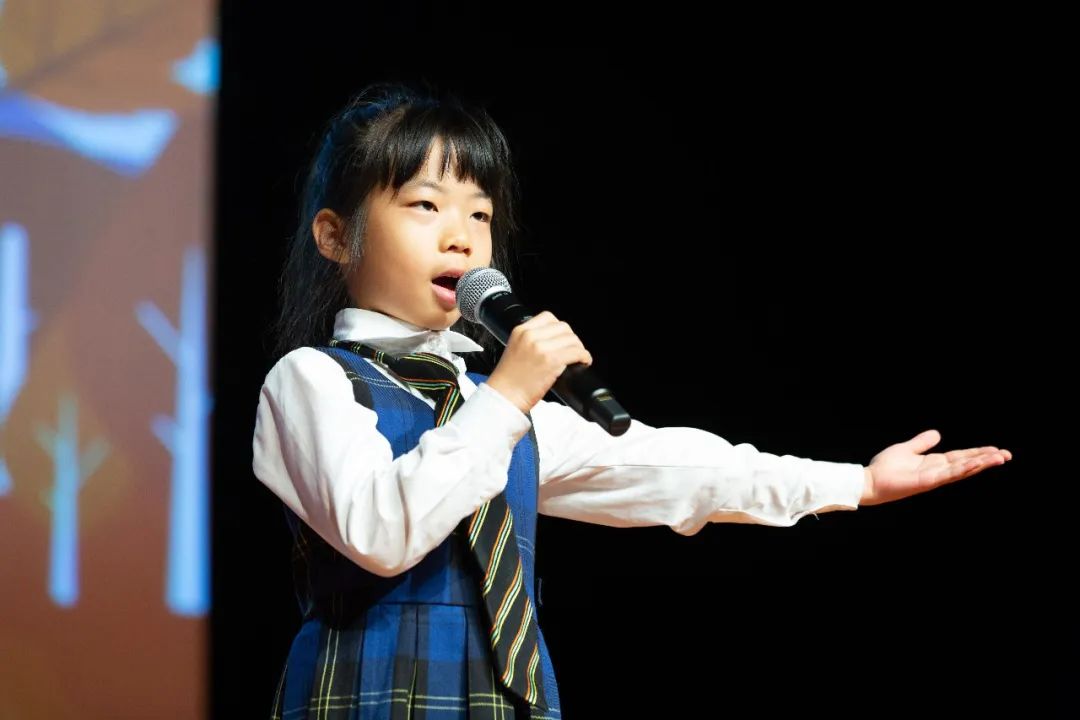
Our year 5 pupils learned about collaboration. Often, we see pupils working alongside others, cooperating with others but not truly collaborating. We believe it is so important to teach pupils how to collaborate specifically to understand and practise becoming active members of a team and able to share their thinking and voice with others to create a very effective team, learning with and from each other. They felt that the course taught them about “Teamwork and kindness” the importance of “Being positive”, how to be more confident sharing their own opinions “I learned how to talk without anxiety” and the realization that “Communicating with each other also needs some skills.”
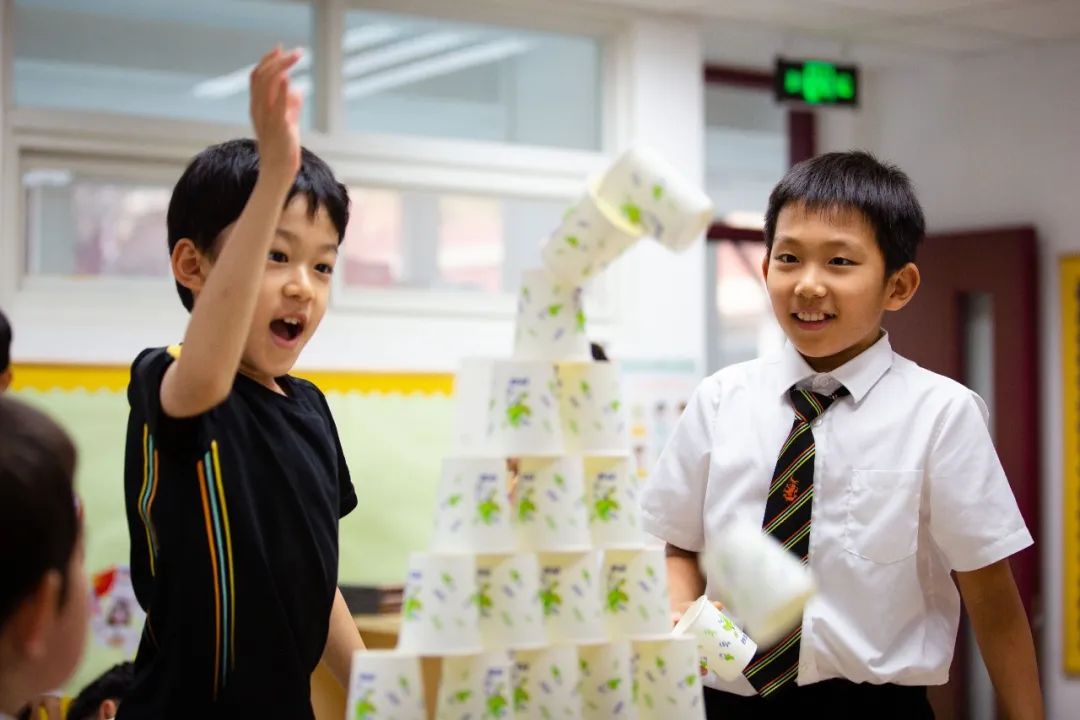
In year 4, and during our elearning period, pupils had their thinking extended through sharing ideas and perspectives and building on them. Often in the Junior School context, we use Edward De Bono’s Thinking Hats to assist in this process, as younger pupils can visualise and practise considering all viewpoints: The White Hat: facts, The Green Hat: creativity, The Blue Hat: the bigger picture & process, The Black Hat: the difficulties, The Red Hat: feelings and emotions, The Yellow Hat: the benefits and value. These approaches help pupils learn how to adapt to problems which they encounter socially and academically and by highlighting and practising different thinking, with their peers, pupils become more adept at embracing and working through new challenges. We aim for our pupils to be innovative and have the confidence to generate and discover new ideas and thinking and become adept problem solvers. The year 4 pupils considered their learning and felt they now understood how to communicate more effectively by “Being brave, such as, when the others have an answer, but you have another idea” and felt encouraged, “I was inspired to think more” reminded to “Show kindness” and “To be more creative and think with your imagination”.
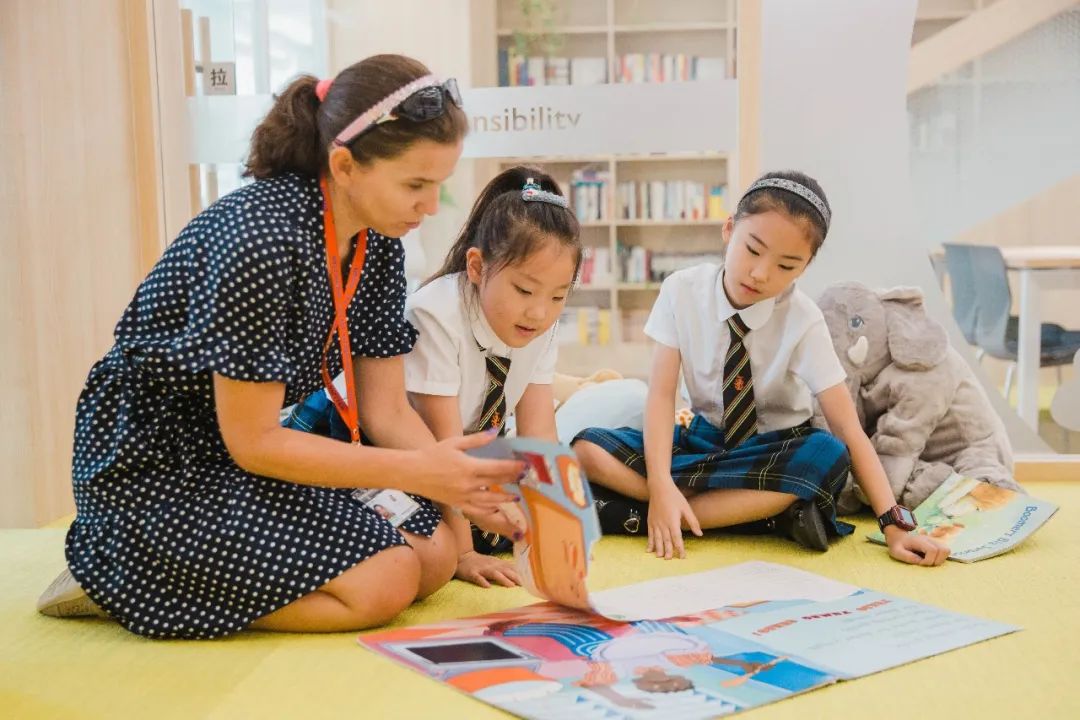
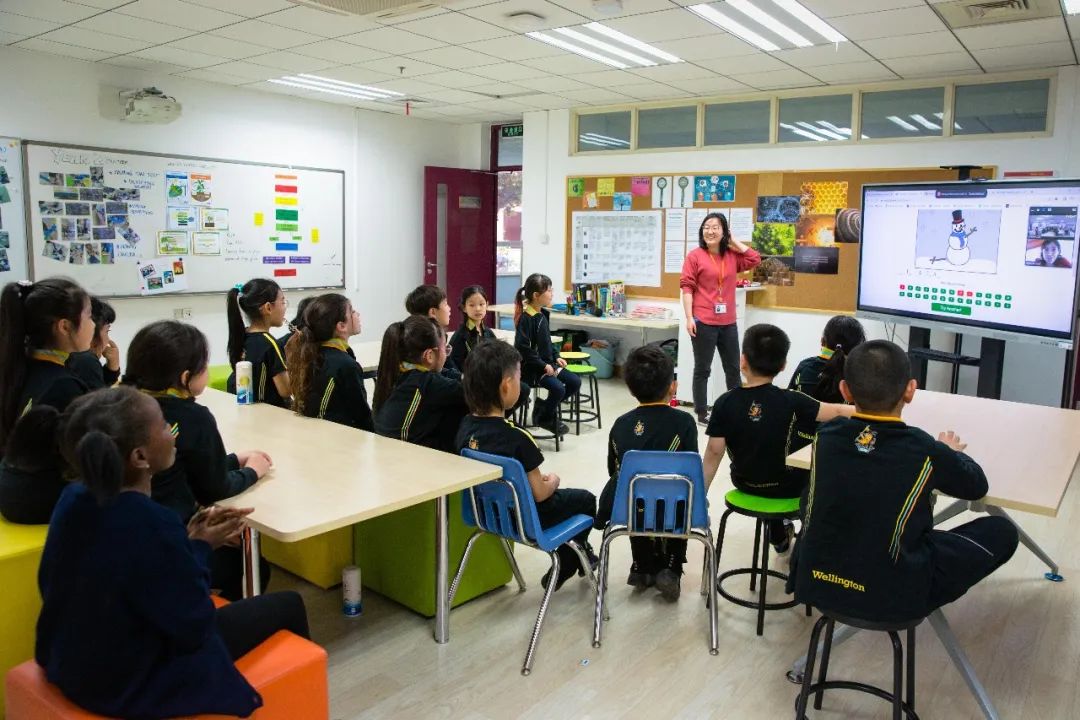
Some of you may have heard of a Growth Mindset, the term coined by Stanford psychologist, Carol Dweck in her research of over twenty years and published book, ‘Mindset: Changing the Way You Think to Fulfil Your Potential’ (2017). Dweck believes that developing the right mindset, at any age is crucial for a successful and happy life. As part of the Resilience workshop, our year 3 pupils build on the learning from their Inquiry Brainwave unit and learn more about mindsets and the power of YET. In addition, they learn about neuroplasticity and how we help our brains grow through challenge. Complementing the work, we do here at Wellington, we believe these online sessions are a great chance for our students to learn to push themselves outside their comfort zone, embrace new experiences, challenges and persevere in areas that might not be their strengths yet. Our year 3 pupils are currently taking this course, so we don’t have their feedback yet.
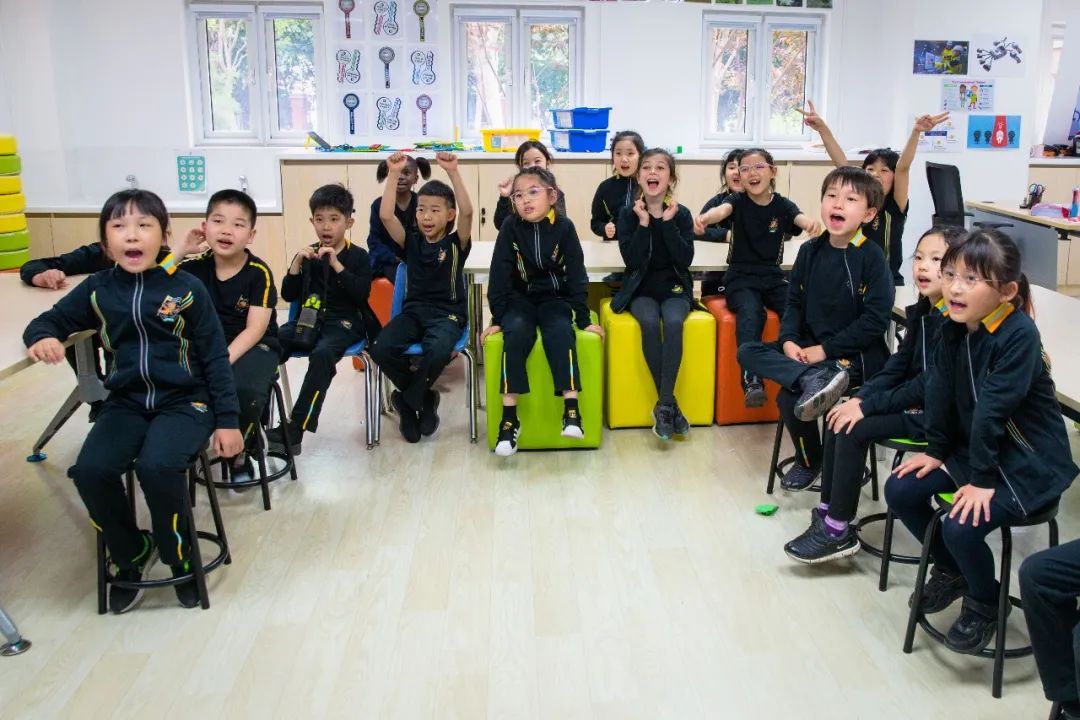
What we have found through our pupils participating in the Role Models workshops is that they have been able to immediately put these newly taught tools and strategies into practice. We use a sophisticated and responsive curriculum framework to explicitly teach skills through our inquiry units and so the learning that pupils received through their Role Model sessions complements our curriculum and enables children to practice what they have learned immediately. Teachers noticed a difference and pupils felt more confident and reassured.
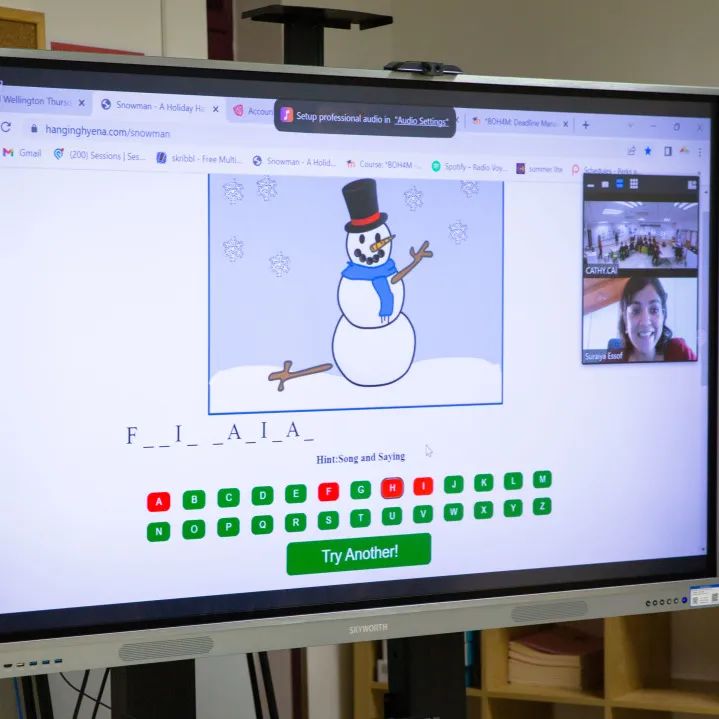
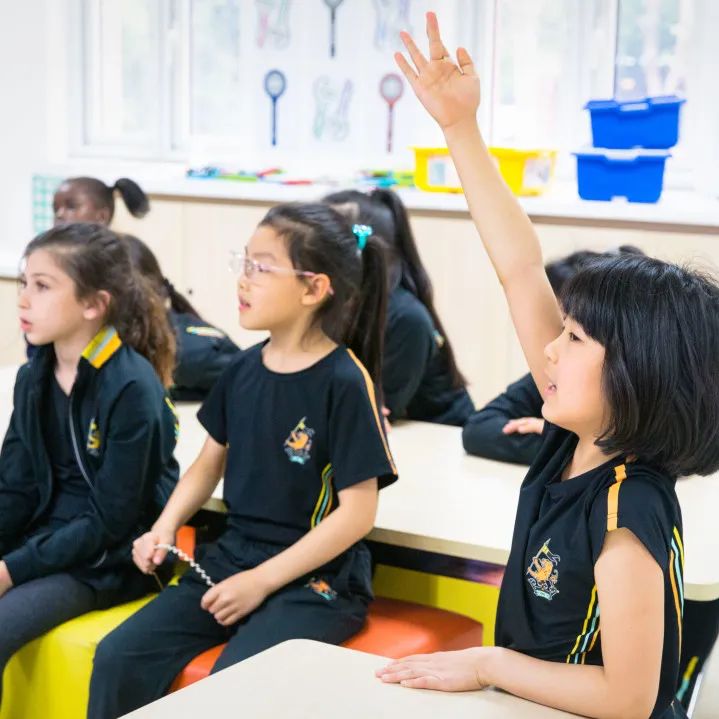
The impact data which Role Models collected states that 96% of children enjoyed or really enjoyed the courses, and 82% of the parents felt that the skills their child developed in their course are important or very important to their future. We agree and found that teachers learned from the experience too and other Wellington College schools, hearing of the success of the programme, have adopted Role Models too. This in turn has created another channel of communication between our Wellington College schools and beyond. Due to the success of the programme, we have already booked Role Models for the next academic year for our pupils in years 3 to 6. We have also approached Hugo to lead a staff INSET in August about the programme.
In their literature Role Model squote from the World Economic Forum, Future of Jobs report and list the 10 skills that applicants need to thrive in the Fourth Industrial Revolution:
-
Complex problem solving
-
Critical Thinking
-
Creativity
-
People Management
-
Coordinating with others
-
Emotional Intelligence
-
Judgement and Decision Making
-
Service Orientation
-
Negotiation
-
Cognitive Flexibility
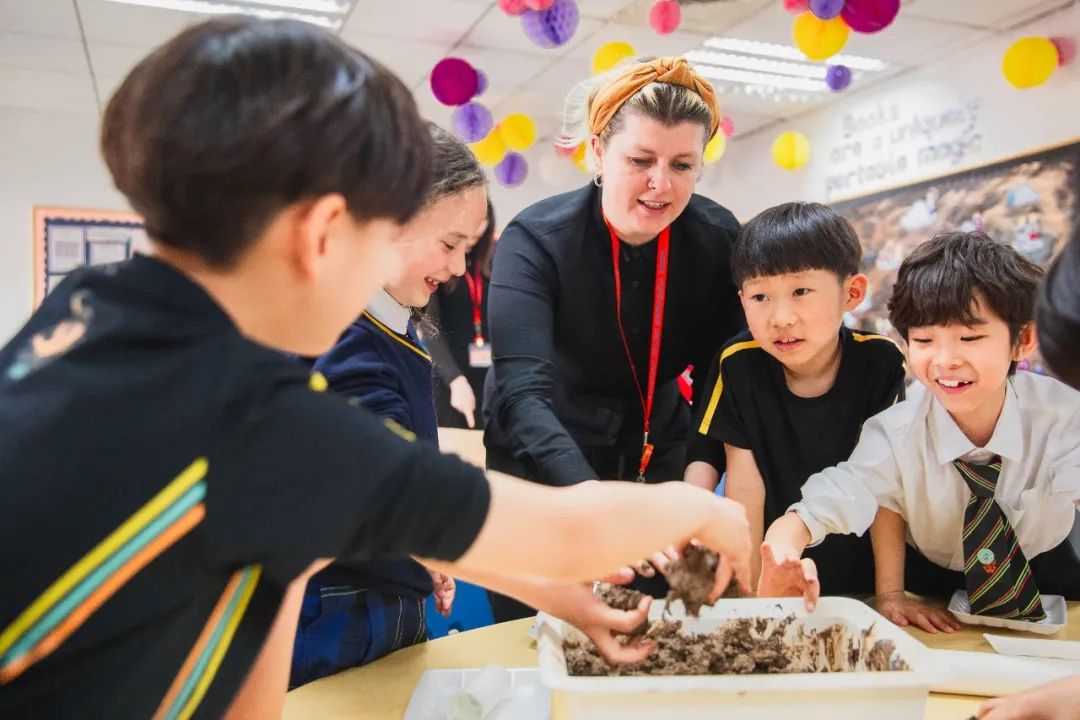
I asked our Junior School Head Boy and Head girl, soon to be year 6 graduates, how prepared they feel for life in the senior school and what skills they feel they have developed throughout the junior school and as participants in the Role Models programme.
Regina, our Head Girl, said that she feels like she has developed the skills to better manage friendships and can consider and understand other perspectives which have, in turn, enabled her to become more resilient when facing new challenges.
Marcus, our Head Boy, felt he was better able to manage his time and juggle school work and downtime, so that he was able to meet all the deadlines of homework. He felt he had developed new skills through becoming more courageous to try new things and is better able to adapt and learn in different environments, for example, online and on campus. Marcus also felt that he has increased his capacity to work and think independently and so he feels more prepared for new challenges that the senior school will offer him.
Regina felt that she was now better equipped for interviews and communicating her strengths. She has come to realise how much she has achieved over her time in the junior school and is grateful for the opportunities, activities and competitions that she has been able to participate in and that shaped her growth. The Wellington values which Regina holds most dear are respect and integrity. Respect is something that she has learned more about over time and in different ways and by acting with respect towards others she has found that respect has been reciprocated. Regina reflects that she has more of a balanced approach now to viewing situations and listening to others and has the confidence to make her own decisions based on her moral compass.
Marcus notes that the Wellington values of responsibility, courage and integrity resonate most with him. He now feels he knows what it means to be a good role model and to have the courage to step out of your own comfort zone and share your thoughts and opinions without being afraid of what others might think. I asked Marcus and Regina what suggestions could they give to pupils in the junior school based on what they know now, Regina responded with “keep trying and you will be rewarded” and Marcus “work hard and you will be prepared”.
Related Articles









 Channel
Channel 
 Linkedin
Linkedin  Facebook
Facebook  Ins
Ins 

